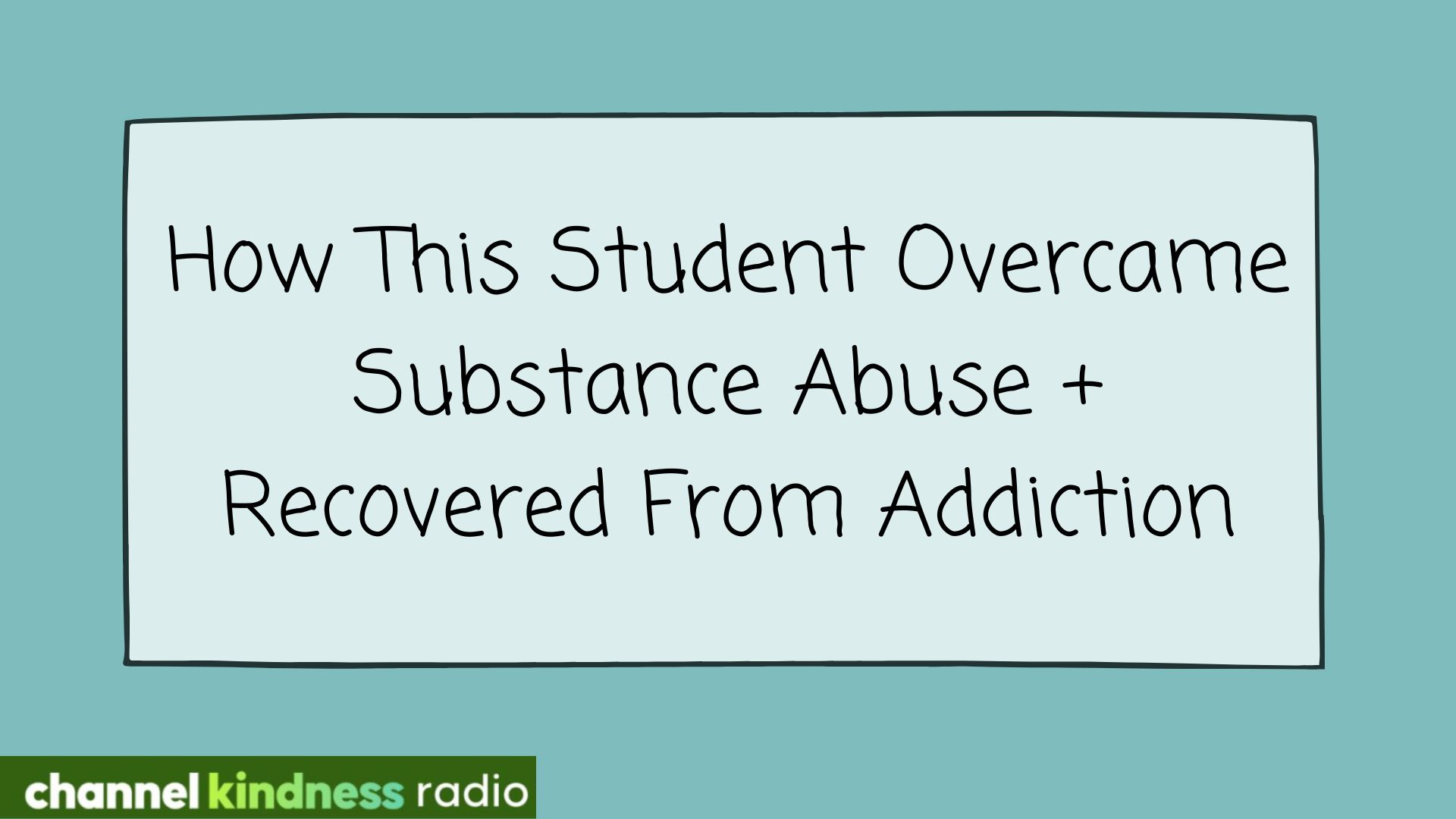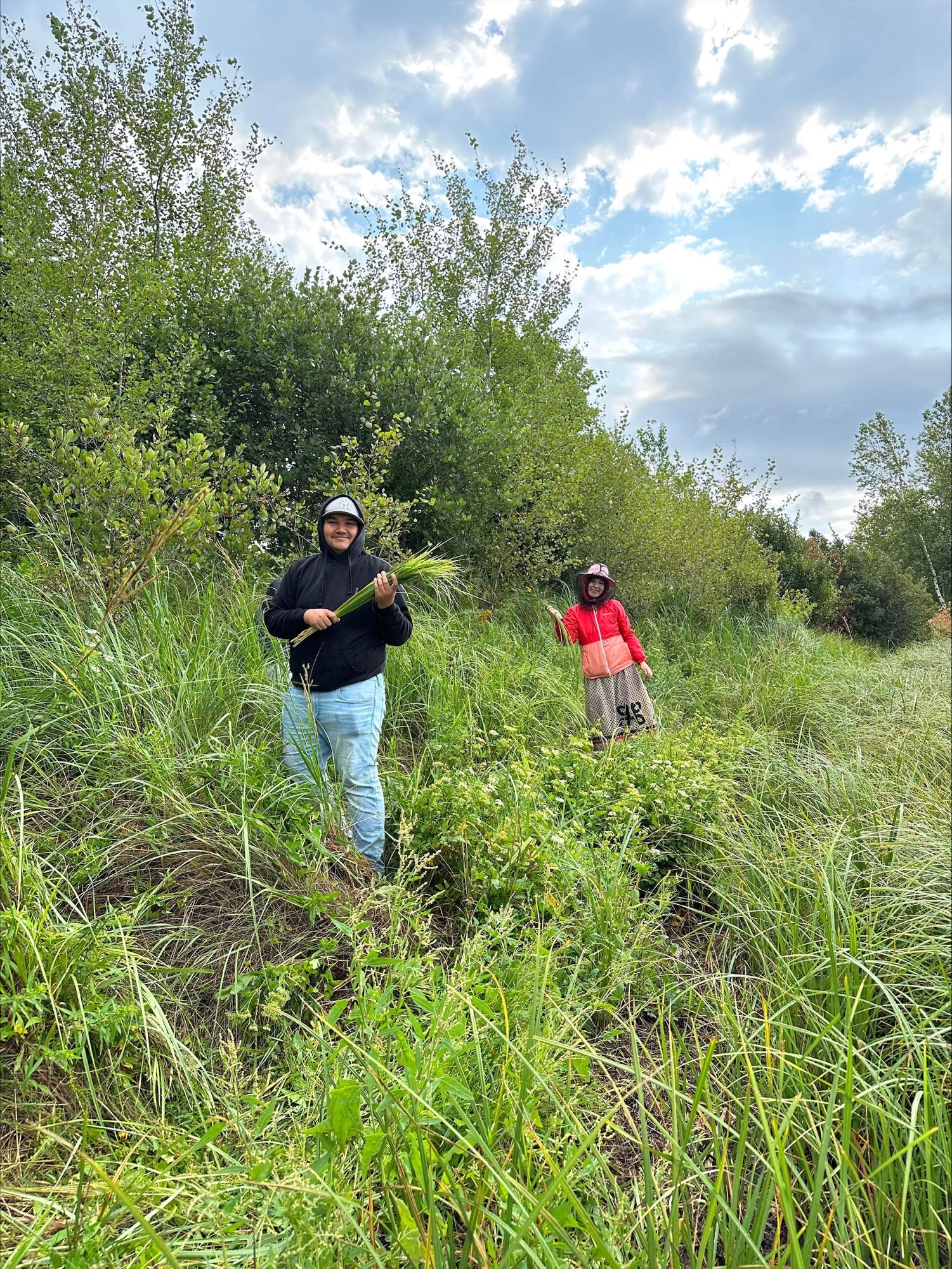“All work and no play makes Jack a dull boy.”
You likely chorused the saying with the rest of your elementary school class during a lesson on Proverbs. You probably sat up in surprise as the typewriter printed it out over and over again in The Shining.
We cannot say for sure whether Jack is indeed dull because of how much he works. But, we do know that not making time for leisure can be detrimental to our mental health. Our world’s current fabric is knitted from glamorizing hustle culture, although we are witnessing a marked departure from this sentiment. #thatgirl on Instagram was simply hustle culture repackaged into 5am workout sessions, matcha, and matching outfit sets for a younger audience.
Amidst this kind of messaging, it is easy to think of leisure as a missed opportunity for productivity. However, this comes with its own set of adverse effects. A study by researchers from The Ohio State University, Rutgers, and Harvard University found that those who viewed leisure as a “waste of time” experienced increased levels of stress, depression, and anxiety.
A useful way to view this is to view our lifestyles as split into telic and atelic habits, popularized by Kieran Setiya. The word “telic” comes from the Greek word “telos” which means goal or purpose. Telic activities are those that ultimately have an end goal to target or a milestone to hit. Examples include mastering a skill or finishing up a big project. Atelic activities are the opposite: they are performed without an end goal in sight. For example, time spent in nature.
Setiya realized this distinction when headed for a midlife crisis. He says, “a switch in focus from the value of getting there to the value of being on the way” is vital. We all do both telic and atelic activities, consciously or subconsciously. Practicing atelic activities mindfully and assigning them greater importance can lead to prolonged and higher levels of fulfillment and therefore, better mental health. The present becomes more enjoyable when we’re not continually looking to get past it.
Below is a list of atelic activities you can practice to help you get started:
- Read for pleasure (don’t set a page/word goal)
- Journal everyday
- Spend some time out in nature
- Watch sunrises and sunsets
- Spend time with family or friends
- Reflect
- Create art for expression
- Practice yoga
- Celebrate small victories
- Tinker with something you’re interested in
Keep adding to this list, and keep practicing!

















